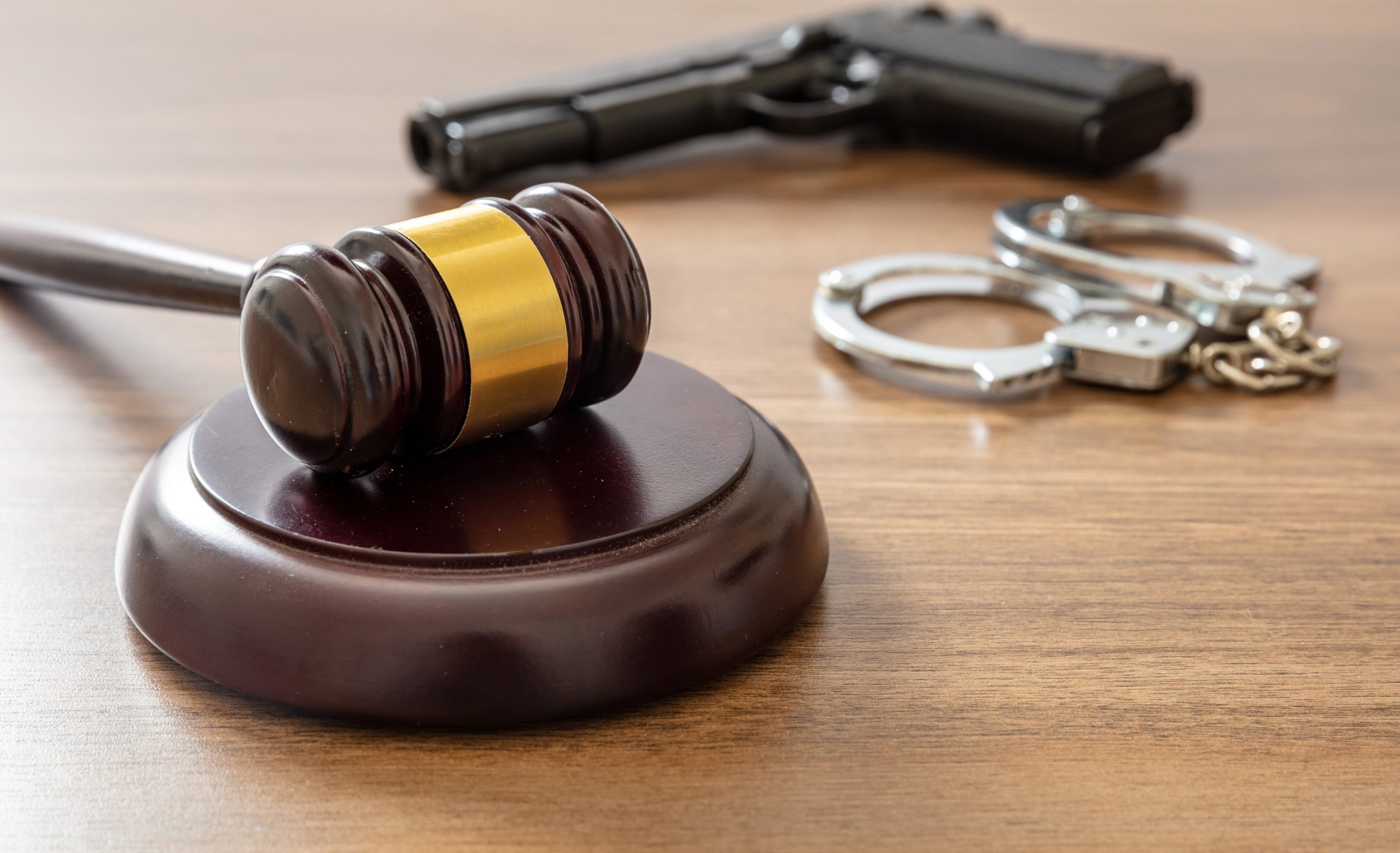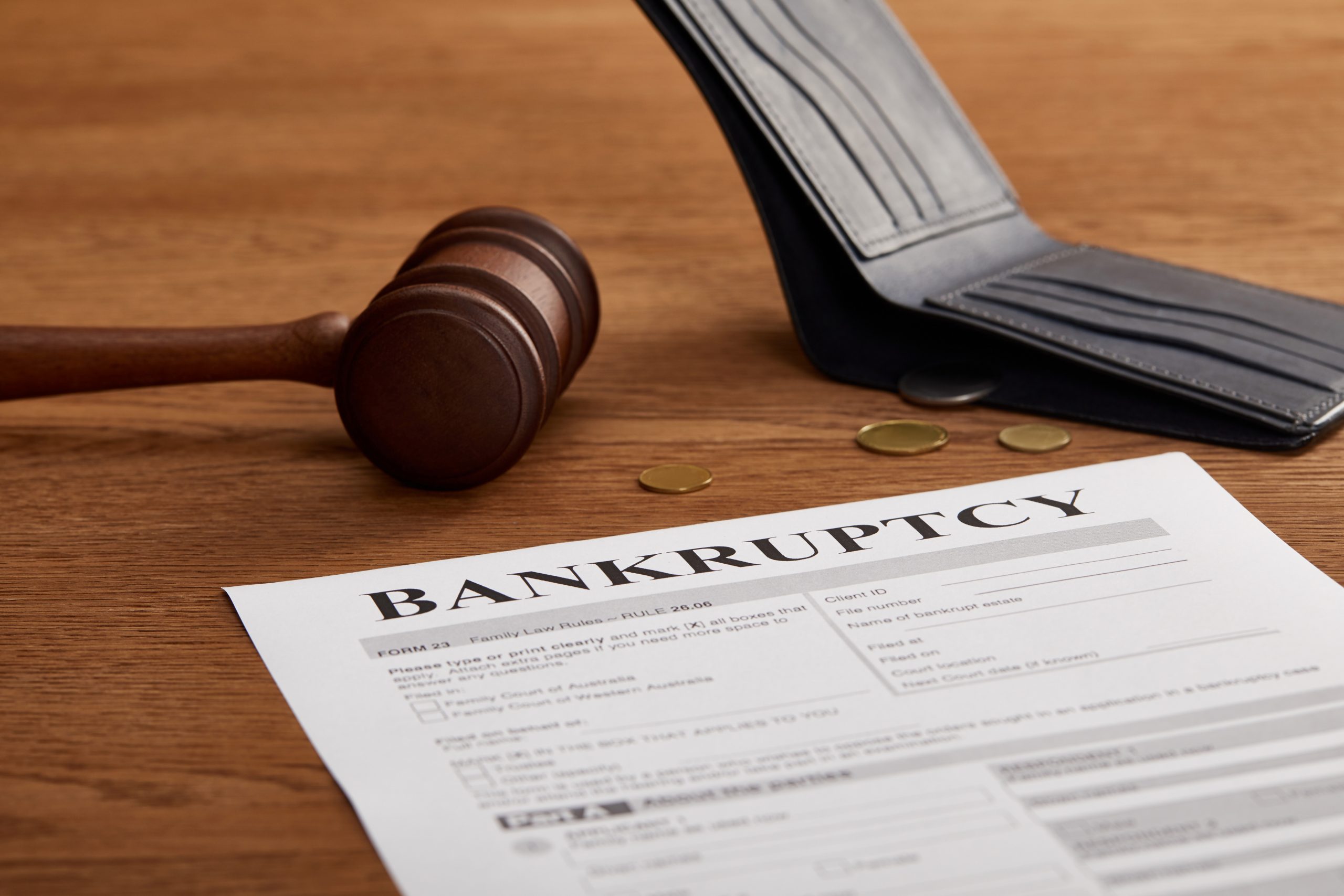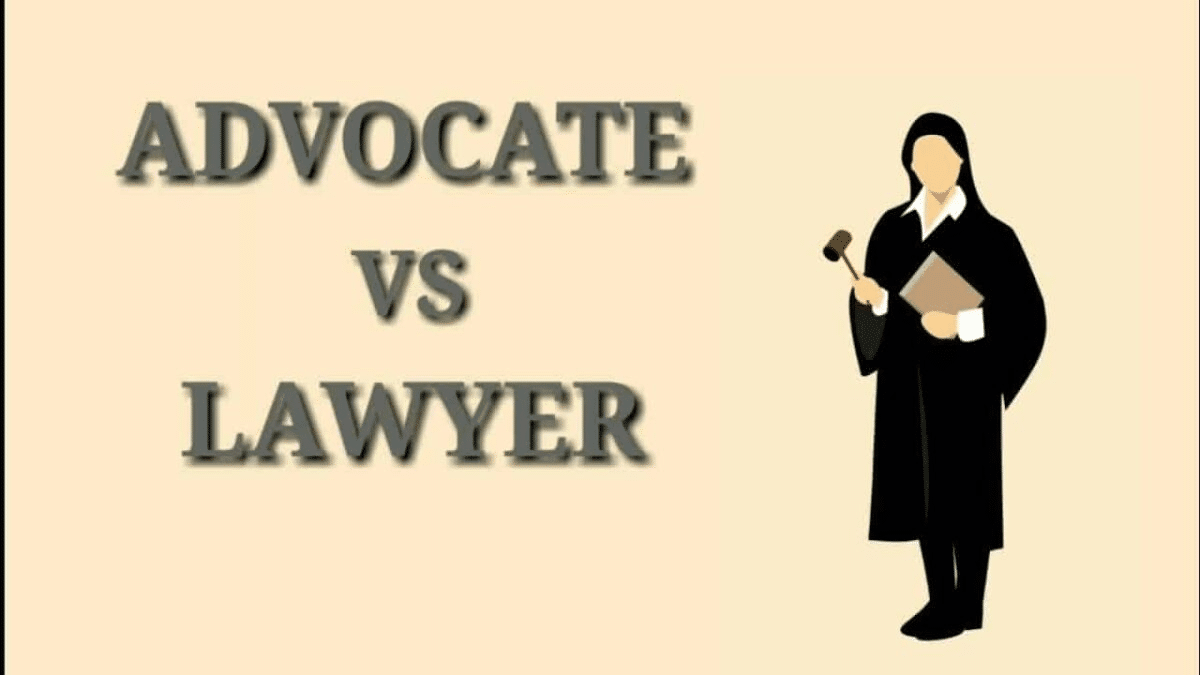What To Do if You’re Injured in a Trucking Accident – Guest Post

While it is not pleasant to think about, being involved in a trucking accident can change your life. Unlike typical vehicle accidents, those involving trucks can end up creating more catastrophic damage. If you have recently been involved in a trucking accident, there are some key steps down below that you will want to take or keep in mind while going forward.
Get Medical Assistance
In the aftermath of a trucking accident, it is imperative that you seek medical assistance if you are injured. It is not recommended to wait until later, as this could harm your case. You could also miss any possible unnoticeable injuries, only making the situation worse. You want to have documented records that you went to a medical professional and received a diagnosis of your injuries sustained from the collision.
Contact the Police
Another important step that you will want to take is to contact the police. This will allow them to not only keep you safe from the surrounding traffic, but they will produce an accident report. This report will include information for you and the other parties involved as well as any evidence that they see at the time of their report that indicates a fault. This will also come in handy if you happen to decide to go the legal route.
Get Witness Information and Statements
Witnesses can be a big component of any trucking accident case. It is best to gather witness information and any statements at the time of the accident. You will want to pass this information on quickly to a local law firm like Nelson Law, LLC. The sooner they will be able to contact these witnesses, the sooner they can document formal statements to assist in your case.
Document the Scene
If possible, you will want to document the scene or contact someone to do so for you. This includes taking pictures of the accident, both vehicles, and the surrounding area. Pay particular attention to any obstacles that were involved in the accident. Document the truck’s condition, company name, DOT number, and license plate number. The more documentation that you gather at the scene, the more your lawyer will have to construct your case with.
Contact an Experienced Lawyer
Due to the catastrophic nature of trucking accidents, you do not want to undergo insurance and compensation claims on your own. Rather, you want to hire an experienced personal injury attorney. You want to find one that regularly handles trucking accident cases, as they will possess the most knowledge about this type of litigation. A good lawyer will be able to collect evidence and deal with the insurance company for you. This is why it is very important to be honest with your lawyer so that they can build a solid case.
Being involved in a trucking accident can be a terrifying experience for anyone. When you are injured as a result, it is imperative that you follow the steps above to ensure your best chance of adequate compensation for the incident.










